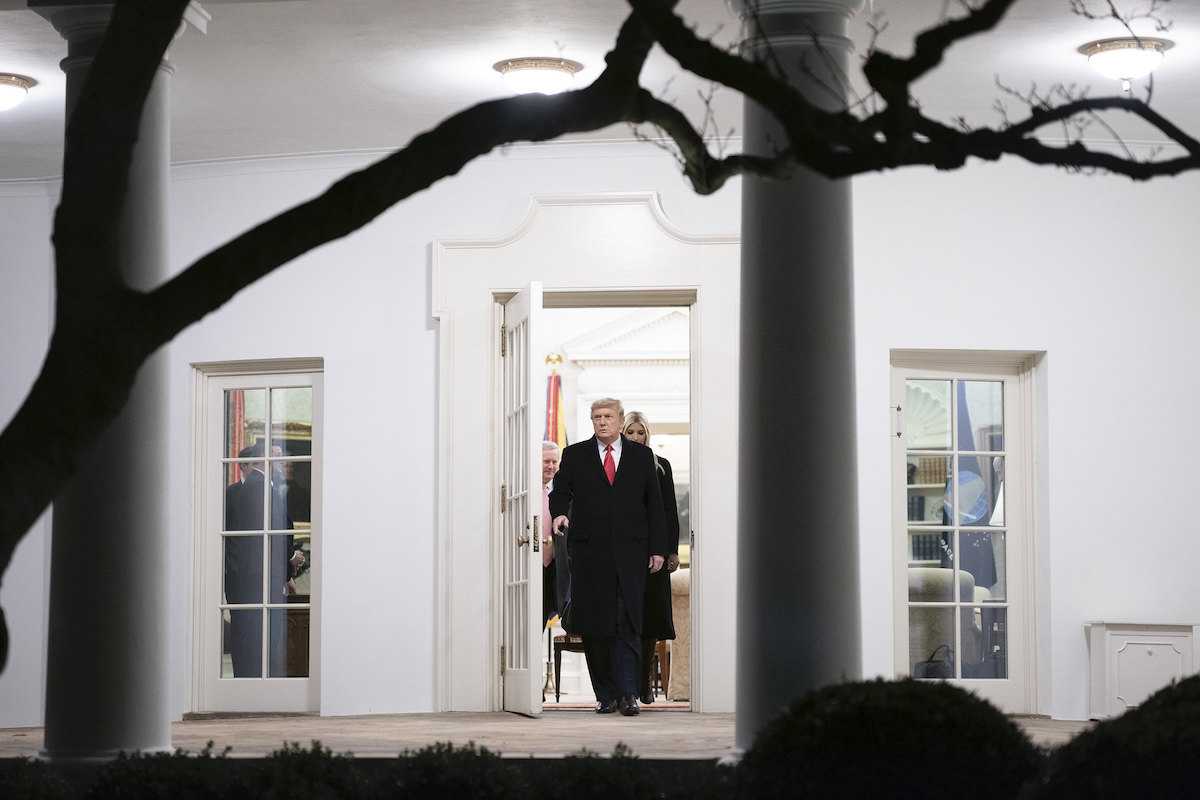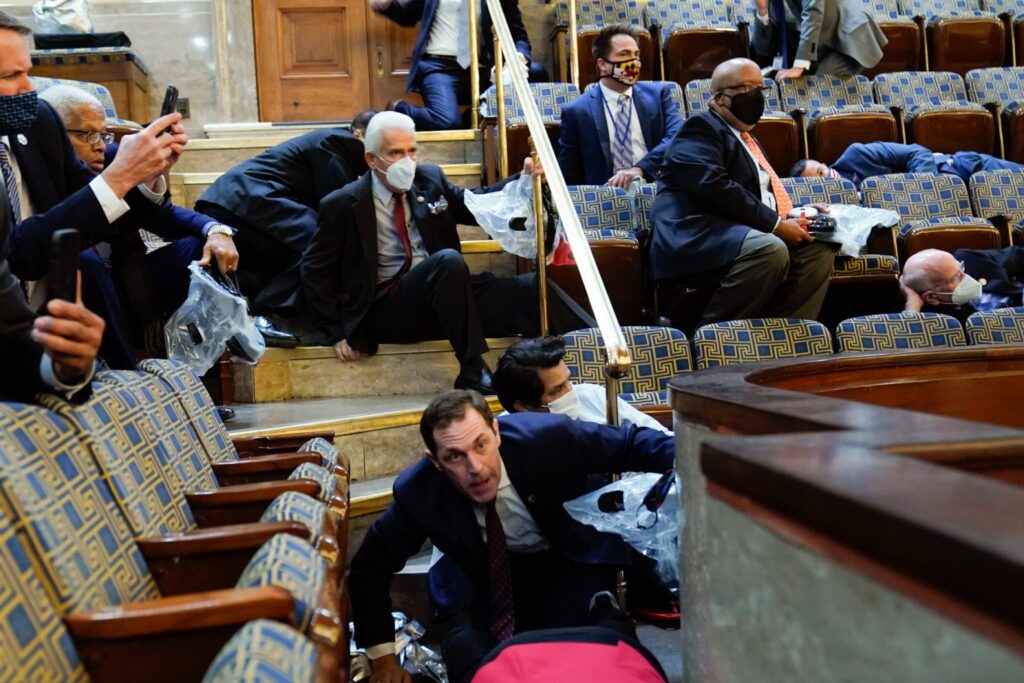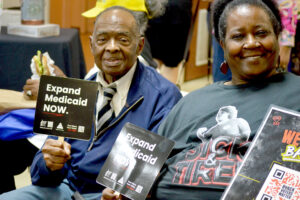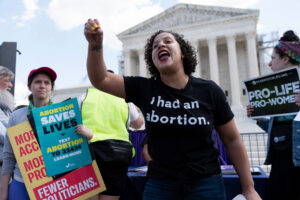Accountability for the U.S. Capitol insurrection “can only be found in the criminal justice system,” U.S. House Select Committee to Investigate January 6th Chairman Bennie Thompson, D-Miss., said Monday afternoon as he and the other eight members of the committee voted to refer former President Donald Trump to the U.S. Justice Department for prosecution.
“To cast a vote in the United States is an act of faith and hope. … That faith in our system is the foundation of American democracy,” the Mississippi congressman said during a final public meeting just before the vote. “If that faith is broken, so is our democracy. Donald Trump broke that faith.”
The nine-member committee, which includes seven Democrats and two Republicans, voted unanimously to refer Trump for criminal charges on four charges: obstruction of an official proceeding; conspiracy to defraud the United States; conspiracy to make false statements; and for inciting insurrection. It will be up to officials in the Justice Department to decide whether or not to act on the committee’s recommendations.
Trump has denied any blame for the Jan. 6, 2021, U.S. Capitol insurrection. Shortly before the violent attack on Jan. 6, he whipped supporters up into a frenzy with baseless claims of election fraud and urged them to march to the Capitol as he insisted that Republican and Democratic election officials around the country had conspired to “steal” the election from him.
“Something is wrong here, something is really wrong, can’t have happened, and we fight, we fight like hell, and if you don’t fight like hell, you’re not going to have a country anymore,” Trump told a crowd of supporters on Jan. 6 as he refused to accept then-President Elect Joe Biden’s November 2020 victory.
Across the committee’s 10 public hearings on the attacks, dozens of mostly Republican witnesses who worked inside the Trump administration or under Vice President Mike Pence provided testimony. Hope Hicks, who served as counselor to the president before resigning on Jan. 12, 2021, testified that she and others urged Trump to publicly call on his supporters to act peacefully ahead of Jan. 6 and that he “refused” to do so.

After the insurrection, Thompson was the only member of Mississippi’s congressional delegation to join a bipartisan majority in Congress that voted to impeach Trump for incitement of insurrection. In the House, Mississippi Republican Reps. Trent Kelly, Michael Guest and Steven Palazzo voted against impeachment. Later, both of Mississippi’s U.S. senators, Cindy Hyde-Smith and Roger Wicker, voted to acquit Trump.
Later, when the U.S. House and Senate voted to approve an independent commission to investigate the Jan. 6 attacks outside Congress, Thompson and Guest were the only members of Mississippi’s congressional delegation to vote for it. After Republicans blocked the independent commission in the Senate, Thompson was the lone Mississippian in the U.S. House to vote to establish the current select committee in mid-2021. It did not require Senate approval.
During Monday’s meeting, January 6th Committee Vice Chairwoman Liz Cheney, R-Wyo., noted that even after the Capitol assault began, Trump for hours “would not issue a public statement instructing his supporters to disperse and leave the Capitol.”
“No man who would behave that way at that moment in time can ever serve in any position of authority in our nation again. He is unfit for office,” said Cheney, who will leave office in January after losing her party primary to a pro-Trump Republican.
In November, Trump announced that he is running for president a third time and will be seeking the 2024 Republican Party nomination.










